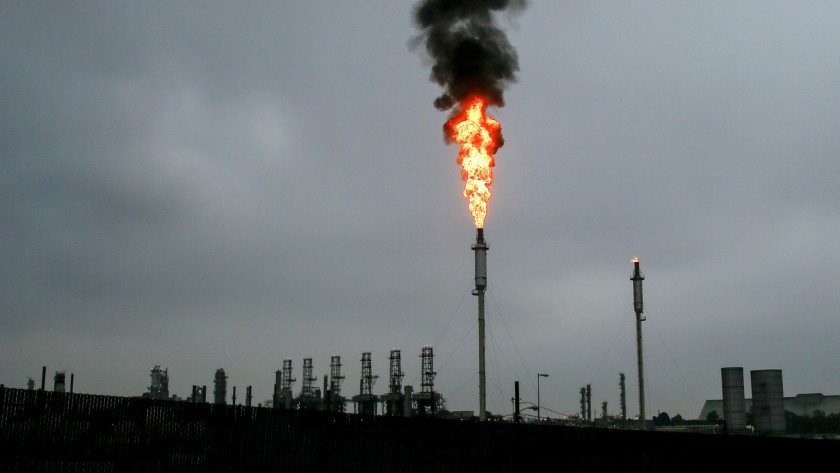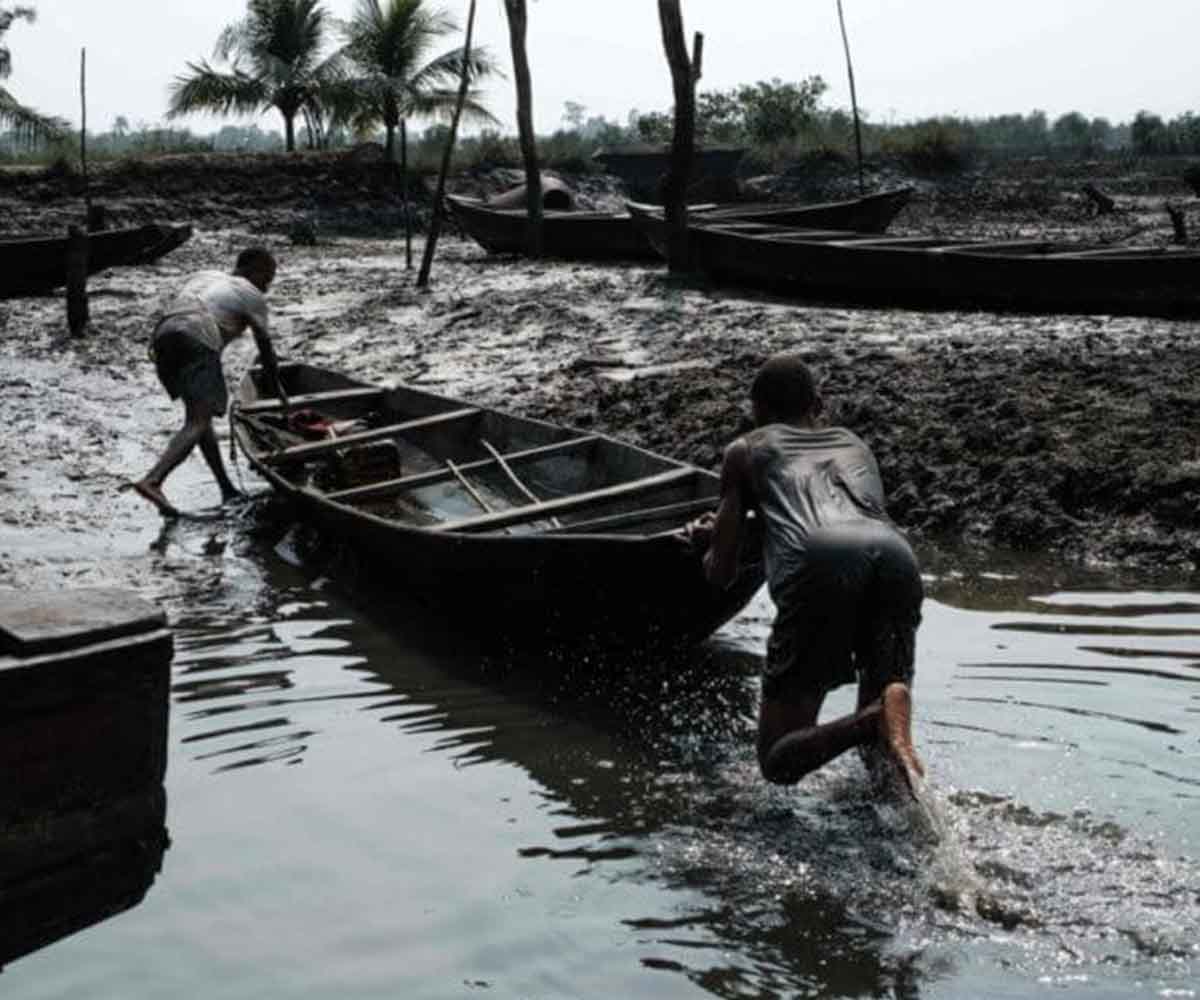The domestic base price, the price at which Nigerian gas producers are to sell to Power Plants, will be $3.2 per Million British Thermal Units (MMBtu), beginning from January 1, 2021, if the Petroleum Industry Bill (PIB) is passed into law in its current form.
But the price at which the gas-based industry, comprising companies which produce methanol, fertilizer (urea, ammonia), polypropylene, etc., will purchase natural gas, can be as low as $1.5 per MMbtu, the incoming law says. That price is special and it is calculated from a formula.
Gas users outside the power sector and the gas-based industry will pay at least $0.5 higher than $3.2 per MMbtu, and their cost of purchase will depend on negotiations with their suppliers.
The domestic base price -$3.2per MMBtu- which is specified in the third schedule of the bill, currently being debated at the Nigerian National Assembly, shall be increased every year by $ 0.05 per MMBtu until 2037, when a price of $ 4.00 per MMBtu will apply for that year and future years.
The Midstream and Downstream Regulatory Authority, “may, by regulations, change the domestic base price and the yearly increase) to reflect changed market conditions and supply frameworks”, says the bill, submitted two weeks ago by President Muhammadu Buhari.
“The objective is to establish a fully functioning free market in natural gas for domestic supplies. This is to be achieved through the voluntary supplies. Where insufficient voluntary supplies are occurring, the Authority may increase the domestic base price and, or the yearly increases. At the same time, the Authority shall monitor the gas prices in other major emerging countries and ensure that Nigeria continuous to have a price level for natural gas that is less than the average of these emerging countries in order to promote the non-oil sectors in the Nigerian economy”.
Timipre Sylva, Minister of State for Petroleum, had given hint of the gas pricing framework last August during a conversation with the Nigeran Association of Petroleum Exlorationists (NAPE). The bill, he explained, “will establish a gas base price that is higher than current levels (The current domestic base price is $2.5 er MMbtu) for producers and this base price will increase over time”.
Sylva said: “This price level should be sufficiently attractive to increase gas production significantly since this gas price will be comparable with gas prices in other emerging economies with considerable gas production.
“The price will be independent of all gas prices for LNG export and is therefore a stable basis for enhanced domestic gas development, regardless of international oil or energy development”.
Source: Africa Oil + Gas Report





